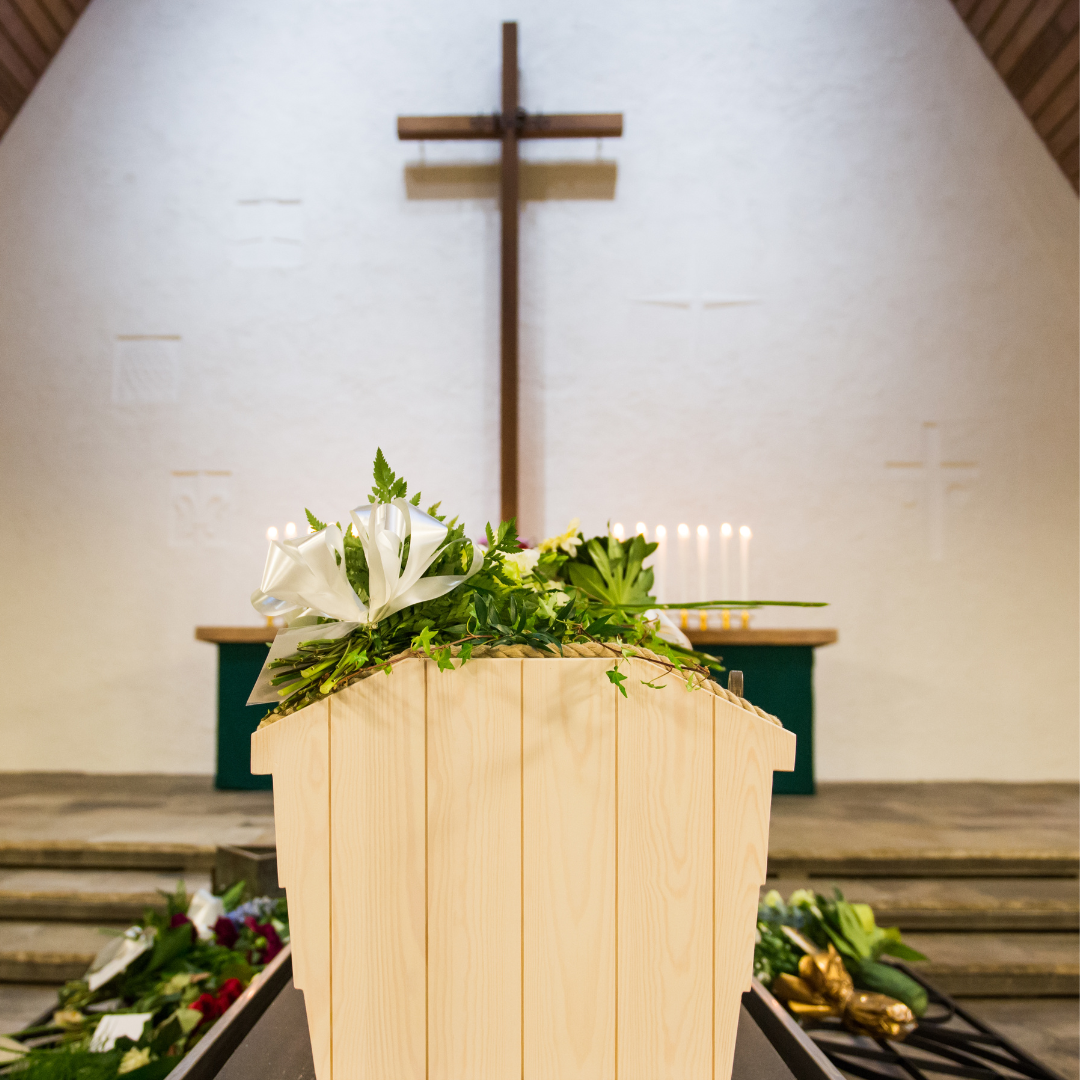Attending a Jewish funeral can feel unfamiliar if you’re not accustomed to the traditions, but it’s a deeply meaningful opportunity to support grieving families and honor the departed. Jewish funerals are guided by centuries-old customs that prioritize humility, respect, and simplicity. Whether you’re attending for the first time or seeking to better understand proper etiquette, this guide will help you navigate the dos and don’ts with care and respect.
Dos: What to Keep in Mind at a Jewish Funeral Home
- Dress Modestly and Respectfully
Modesty is central to Jewish funeral customs. Choose attire that is conservative and dark in color, avoiding flashy or overly casual clothing. Men are typically encouraged to wear a yarmulke (a small head covering), which is often provided at the funeral home. Women should consider wearing long skirts or dresses that cover their shoulders. The goal is to show reverence and not distract from the solemnity of the occasion. - Arrive On Time
Jewish funerals are known for their punctuality, as timeliness reflects respect for the deceased and their family. Arriving late may disrupt the service and draw unwanted attention. Plan to arrive a few minutes early so you can find a seat and settle in quietly before the service begins. - Offer Comfort with Sincerity
Condolences don’t need to be lengthy or complex. A simple, heartfelt phrase such as “I’m so sorry for your loss” or “May their memory be a blessing” is appropriate. While it’s natural to want to console the family, keep in mind that this is a time of mourning. Allow your presence and support to speak for itself, and avoid overwhelming the bereaved with excessive conversation. - Follow the Rituals Respectfully
Jewish funerals include prayers, readings, and rituals that reflect Jewish beliefs about life and death. If you’re not familiar with the customs, simply observe and follow the lead of others in attendance. For example, during the recitation of the Kaddish (a prayer for the departed), you can stand silently and respectfully if you’re unsure of the words. Your quiet participation is enough to show your respect. - Contribute Thoughtfully
Instead of bringing flowers—a practice not customary in Jewish funerals—consider making a charitable donation in memory of the deceased. Many families will indicate a preferred organization or cause in the obituary or funeral announcement.
Don’ts: Mistakes to Avoid at a Jewish Funeral Home
- Avoid Bringing Flowers
While flowers are a common gesture in many traditions, they are generally not part of Jewish funerals. The emphasis is on simplicity and humility, and bringing flowers may inadvertently clash with these values. Instead, focus on honoring the deceased through acts of kindness or donations. - Don’t Use Your Phone or Take Photos
Jewish funerals are deeply solemn and reflective. Refrain from using your phone, taking pictures, or engaging in loud conversations. It’s best to turn your phone off or leave it in your car to avoid accidental disruptions. - Don’t Assume Physical Comfort Is Appropriate
While it may feel natural to hug or shake hands with the grieving family, it’s important to take cues from their demeanor. In moments of deep mourning, some individuals may not be comfortable with physical contact. If you’re unsure, a simple nod or verbal expression of sympathy is enough. - Don’t Ignore Shiva Protocols
After the funeral, Jewish families often observe shiva—a week-long mourning period where visitors come to offer support. If you plan to visit, understand that shiva visits are not social gatherings. Refrain from asking casual questions like “How are you?” and instead focus on quietly supporting the family. Bringing food or beverages is a thoughtful gesture during this time. - Don’t Overstay
Whether you’re attending the funeral or visiting during shiva, it’s important to be mindful of your time. While your presence is valuable, staying too long can unintentionally burden the family, who may need rest or private time to grieve.
Understanding the Cultural Significance
Jewish funeral customs reflect a profound respect for life, equality, and humility. The rituals are designed to honor the deceased and provide comfort to the family. For example, the custom of placing a small shovel of earth on the casket during burial symbolizes the communal responsibility of honoring and burying the dead. The simplicity of these practices emphasizes the dignity of the individual and the sanctity of life.
Attending a Jewish funeral is an opportunity to share in these meaningful traditions, offering support and solidarity to the bereaved. By observing proper etiquette, you demonstrate your respect for both the family and the values upheld in Jewish culture.





